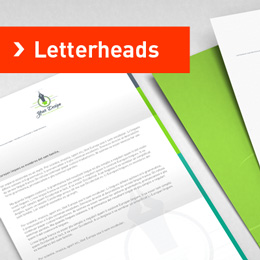CAPTCHA’s and reCAPTCHA’s
Just recently I stumbled upon an interesting article about CAPTCHA’s and reCAPTCHA’s, which made me read a bit more about this whole thing. Nowadays they are an almost omnipresent part of our online experience, especially when you tend to interact through comments or have an account on Facebook.
CAPTCHA’s are mostly these little cryptic sequences of letters and numbers you have to decipher and put in a field to go on. They are intended to fight spam as machines have significant problems in solving them correctly. I guess you all agree that they are a hassle and already annoyed you more than once. Right?
Well, let me introduce you to its younger sibling, the reCAPTCHA. It was developed by Luis von Ahn at Carnegy Mellon University and acquired by Google in 2009. Unfortunately they aren’t less annoying but at least they serve a greater cause, which is something so many of us try all day long. They help digitizing books and currently the New York Times archive. The easiest way to recognize the new reCAPTCHA’s is that they now require you to puzzle out two words.
How does it work? It’s fairly simple, at least in a conceptual sense; the algorithm is a different case, I bet. One of the words is a scanned one, which the text analyzing software couldn’t read. The other word is a distorted but known word. The reCAPTCHA’s wide spread all over the internet allows a statistical analysis that determines which interpretation of the scanned word is most likely correct. The solution is then forwarded to the digitizing project. Popular sites using them are Facebook, Ticketmaster, Twitter, CNN.com and many more. Current estimations state that about 100,000 million reCAPTCHA’s are solved every day. According to Google this will allow the project to digitize 110 years of New York Times issues until 2012. If you are now concerned about privacy issues, please rest assured. No user information is passed along as this would slow down the service and clutter the servers with unrequired information.
So next time you swear because you probably couldn’t solve it the first time and have to reload another one you should perhaps complain about the quality of industrial scanners. ;) If all of this isn’t enough just follow the highlighted links to find out more or read the paper of the creators published in Science. Below I attached a video, which explains the project quite well. The speaker is the inventor of the CAPTCHA and quite an entertaining guy, considering that he is a genius nerd. ;) Enjoy!
Stephan de Paly











Do you have a joyful student life.
Interesting article! Thank author for this! I would advise you one site where you can found and order any article on different topics! This site http://essay-professors.com